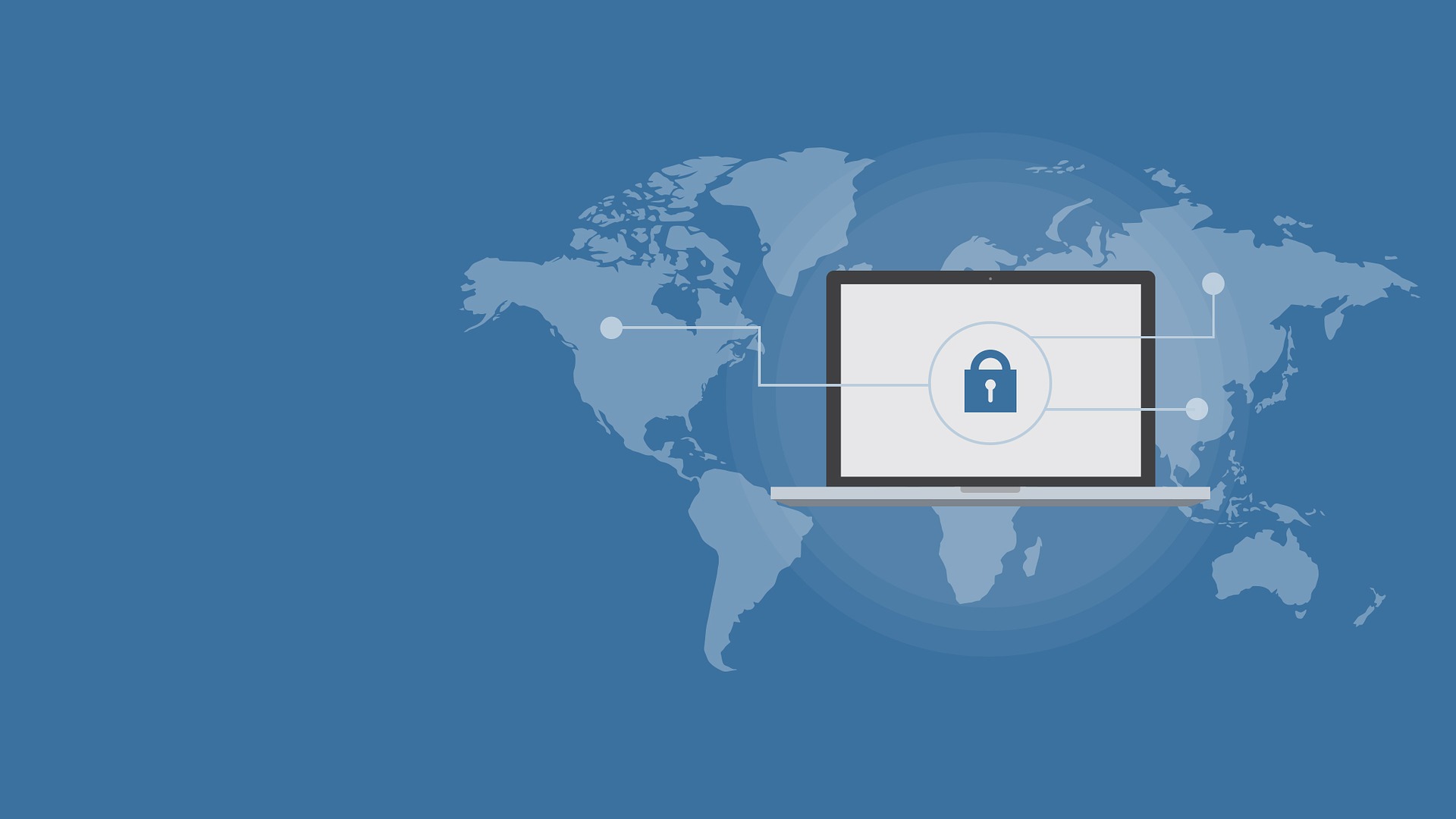Cyberattacks should be a major concern for any modern business, so keeping your network secure is absolutely vital
The world of IT is fast-moving and constantly changing, and this can make it difficult for businesses hoping to keep up with the latest software and technology. It also makes for a rich and opportunistic landscape for hackers, which gives business owners something else to worry about.
It takes time and dedication, alongside expert help, to maintain and manage your business’s IT security needs. New security threats surface every day, and we’re constantly hearing reports of the latest businesses to be impacted. To put it simply, hackers are really good at finding new and creative ways to access your system with malware, spyware and other viruses.
However, there is plenty you can do in order to boost the security of your business and make these instances less likely to occur. One of these factors is keeping your network safe, and there are several ways to do this. Here are five top tips for keeping your network secure.
Create strong passwords
Passwords are your first line of defence against hackers, but the importance of high quality strong passwords often gets overlooked when dealing with IT security. But this simple change can make a big difference to the safety of your business. Make sure your team members know how important it is to have decent passwords – ones that contain uppercase letters, lowercase letters, symbols and numbers. They should also know to change their passwords every few months, and avoid using the same password for every account. If a password leak occurs, your data could suffer as a result.
Always encrypt
Encrypting your data is another key defensive measure which ensures that, should your data fall into the wrong hands, it will be unreadable. Encrypted data requires a password in order to decode, so it can be extremely useful when sending data back and forth across team members via email.
It’s also a good idea to encrypt the data on all company devices. This will protect this data in the event that the device is stolen or lost. Encrypting your data makes it less appealing to hackers. Remember, they are looking for easy targets, so you want to make your business as difficult a target as possible.
Make use of antivirus software
Make sure all your business devices are equipped with up-to-date antivirus software, and that all the subscriptions are current and active. If any subscriptions are outdated, these PCs instantly become much more vulnerable to attack. And remember, just one infected PC has the potential to impact your entire network, putting all your business data at risk.
Complete regular system scans
A scan can often detect spyware or malware which is hidden deep within your network. It can also highlight any potential accessibility issues and weak spots which make your network more vulnerable to attacks. Finding these issues before an incident occurs means you can do something about it and boost your security without having to deal with a breach.
Daily security scans are your best bet when it comes to maintaining a high level of security. It’s often best to offer this task to a dedicated IT support team like Syntax as they will know exactly what they are looking for.
Perform frequent off-site backups
Even with all these security measures in place, you can never fully eradicate the chance of a worst-case scenario IT emergency occurring. That’s why it never hurts to be prepared. Off-site backups protect data by keeping a copy off the network. So if your company falls victim to a ransomware attack, you will have a copy of your data kept safe.
